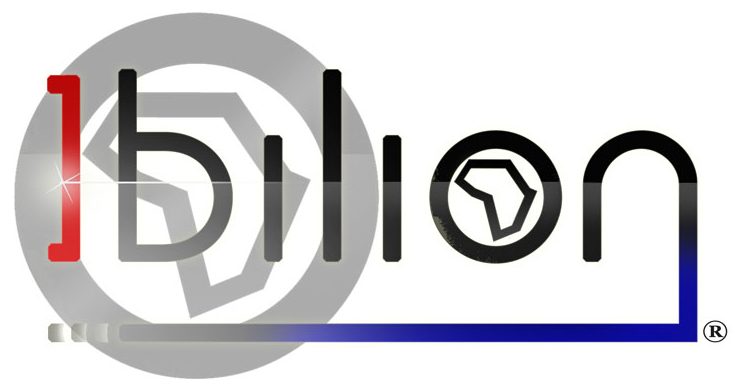We live at a time when the internet has made access to information free and abundant. It is my firm belief that schools, colleges and universities are no longer gatekeepers of learning, thanks to the internet. What I think will become the coveted aspect of modern education in the future is only examination! Why? Well, if you can access most information about a field of study, there is only one task left out of your control, and that is testing your knowledge and skill on that information.
For this reason I set up my free music business course, where you get to brows academic info for free, but pay to get the examination.
Application and memorisation are very different from one another. I am very much a “tell me why” person. I never gelled with teachers simply saying “this is how it is”. I sucked at school, getting average grades, but excelled as I went higher up in academia, as the apparent answer to the “why” informs the “how”, and the more context I had the easier it was to apply the information. I realise now that a massive amount of contextual information is needed to sometimes reach a simple but perfect execution of skills using that information.
In my quest for self-improvement in making music, I started to look at obtaining an undergrad degree in music. While studying music theory at UNISA, as a move to university entrance to study music, I started looking for music theory instructional videos on YouTube and found these:
A great beginner music theory course completely free on YouTube is the PGN piano theory course which introduces topics for beginners:
Later, I found that Yale had a series of free lectures and serve as an introduction to music history. You should watch this next before you move into more advanced courses.
So after these lectures that introduce music theory concepts up to university level, you can move on to 12tone and Dr. B for advanced music theory lectures:
This led me on to the lectures by Leonard Bernstein at Harvard, which touch on interdisciplinary studies, comparing linguistics and music as well as the fundamental aspects of music and its historical artistic progression:
For further ideas of the complexity of music theory, the idea of progressively going deeper into the subject is fascinating. Take a look at the “music theory iceberg” by David Bennet:
And by now you may have noticed the singular type of person who presents these courses and music theory ideas. So, I’d also recommend expanding on these ideas with a wider worldview. Take a look at this video by Adam Neely as a gateway to theory beyond Western art music:
Then consider this playlist of scholarly research of African music:
So, in some ways the test of university is the only thing that is lacking when you start learning things yourself. A university experience is not entirely about what you learn, but how you will respond to new information in the future. The final piece of paper is only really a testament to your endurance as a student, but you do not have to wait for an opportunity to enter university if you would like to start and continue that journey now.
A local South African music study website https://musedofnote.com/ provides a fantastic resource to learn about African and South African music and instruments.
Learning about music theory and history in this way allows me to reflect on my own music production techniques and broaden on them in my professional artistic practice.
Have you found any free quality learning resources for your area of interest? How did they lead you from the “how” to the “why”?
